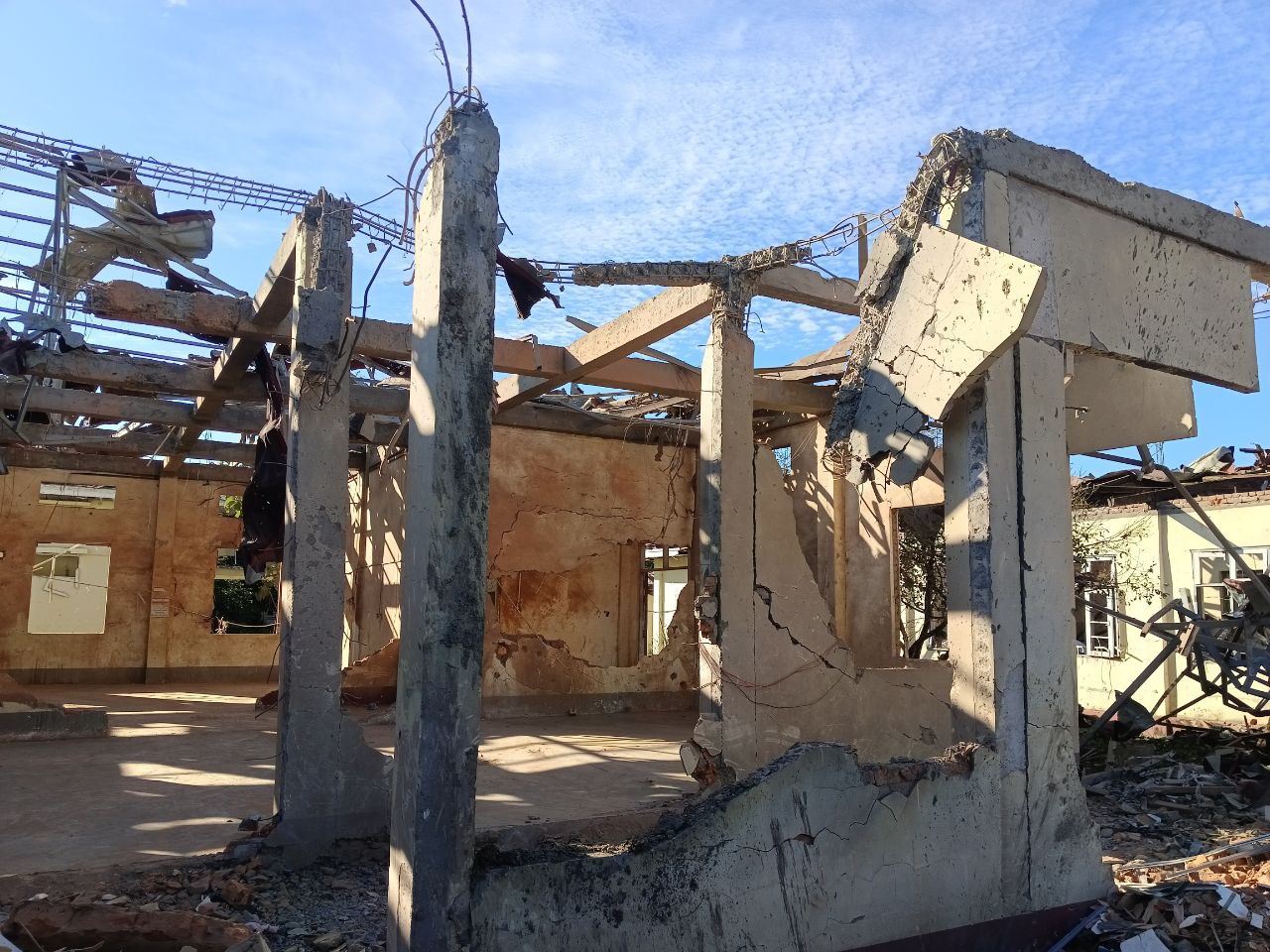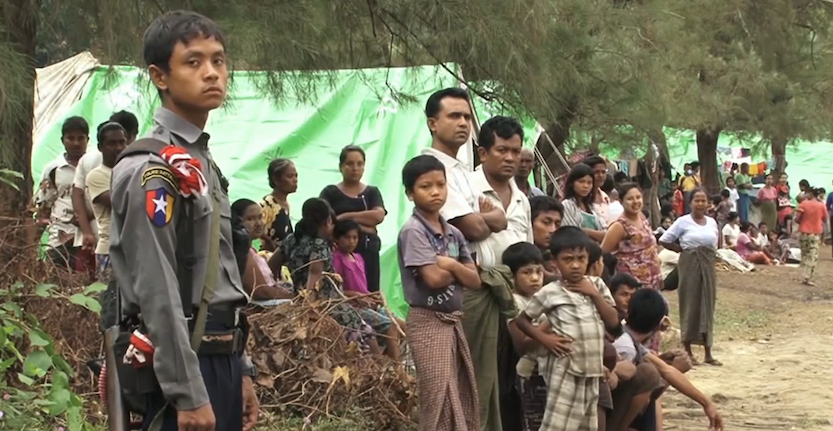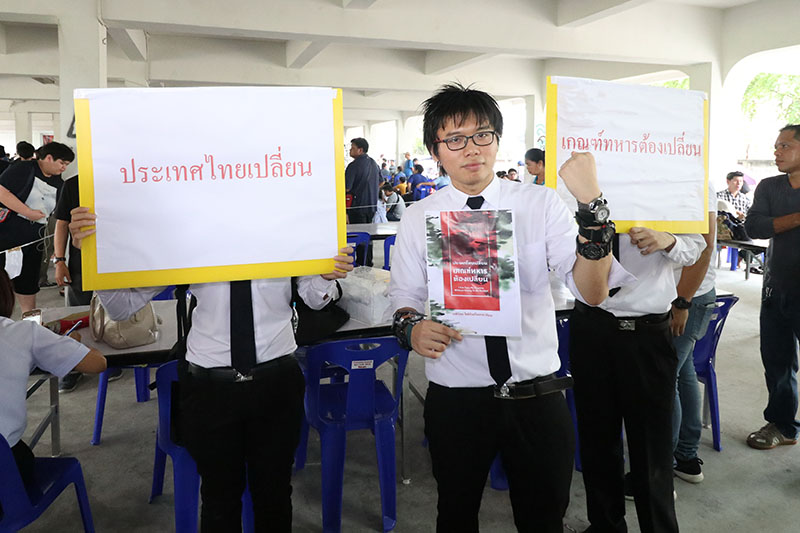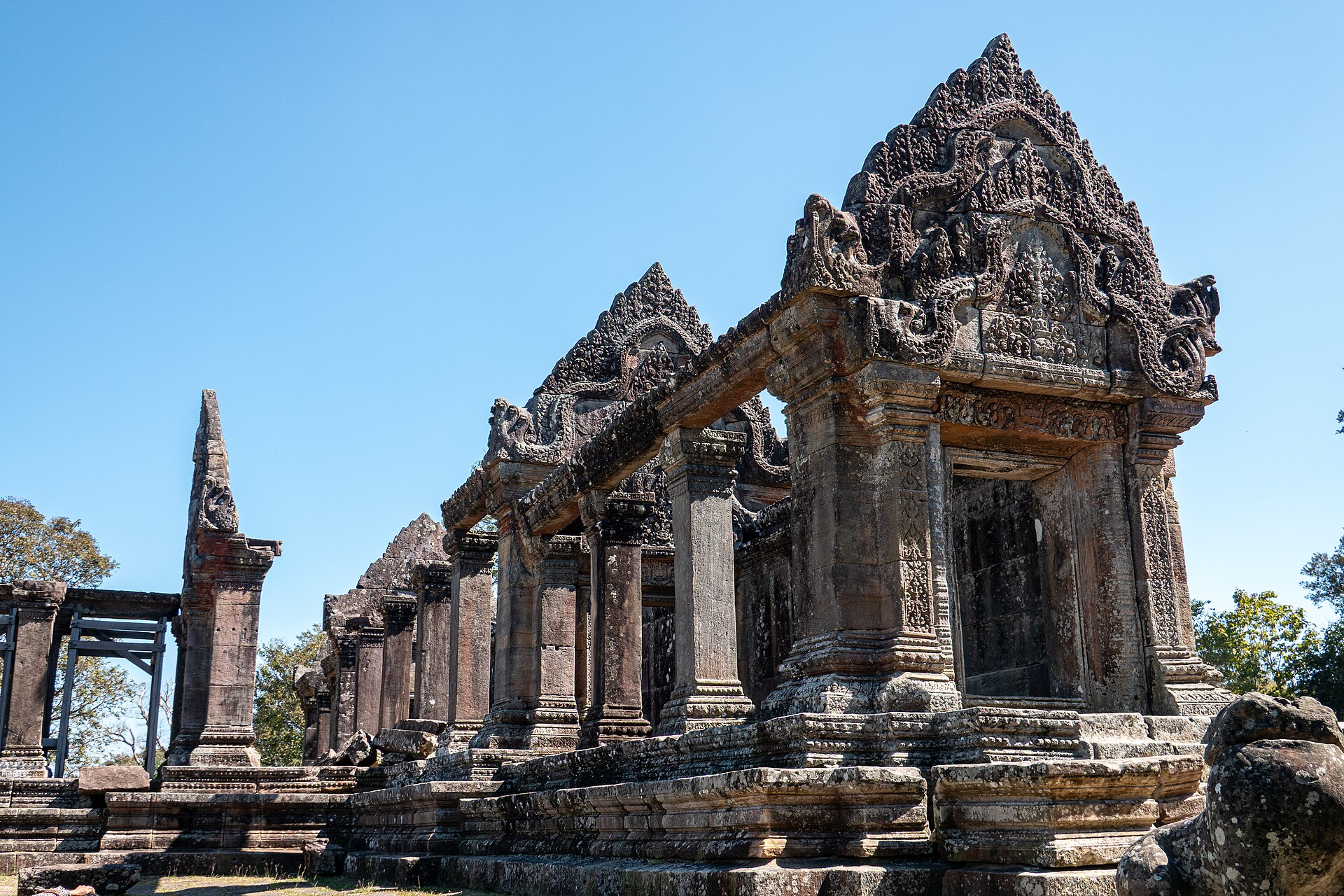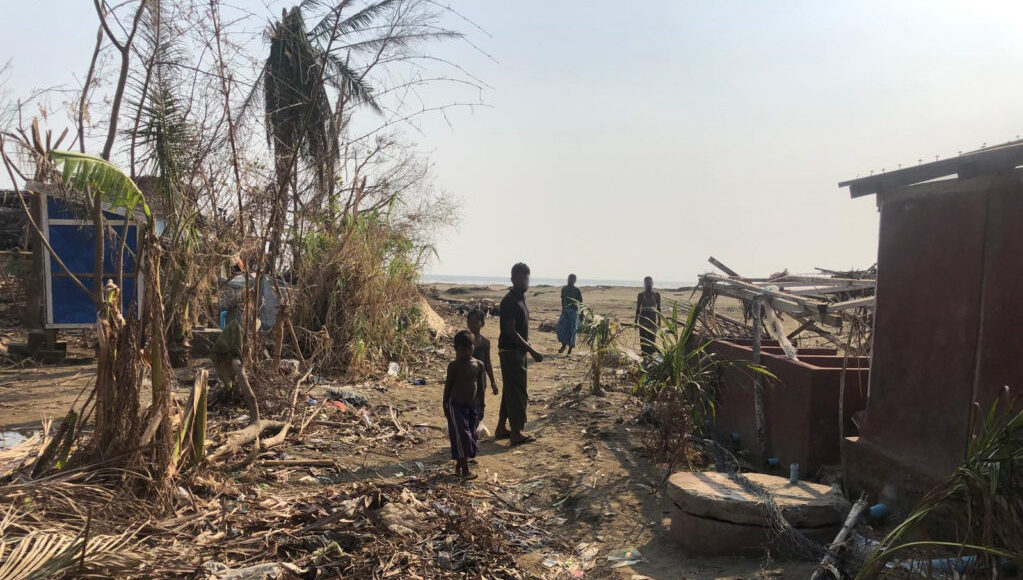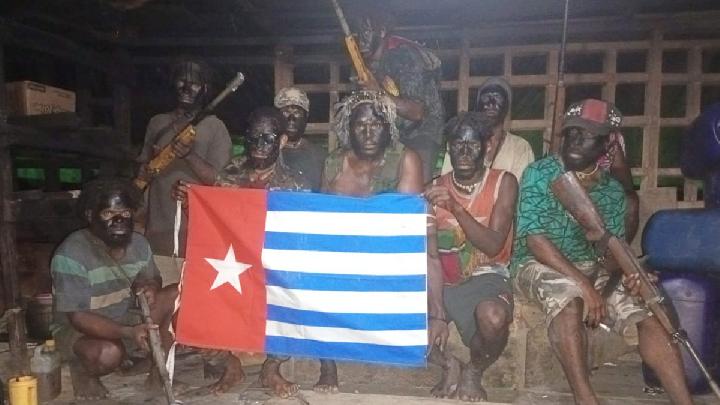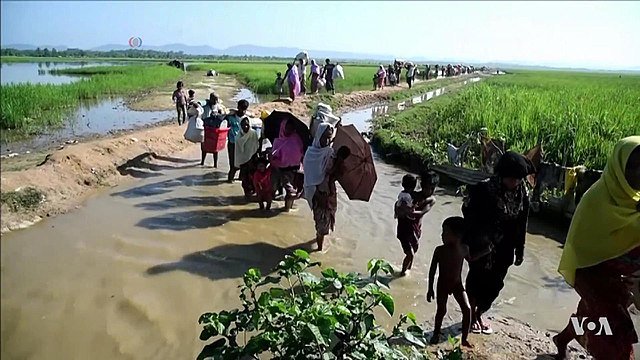
Burma begins defense in ICJ genocide case
Burma began its defense before the International Court of Justice in the ground-breaking genocide case brought by the Gambia, rejecting all allegations of genocide against the Muslim Rohingya minority. The case opened in November 2019, when the Gambia brought proceedings against Burma under to the Genocide Convention. In 2020, Burma was ordered to halt and prevent all genocidal acts against the Rohingya. The Gambia’s case against Burma is the first instance in which a state not affected by the facts at issue has brought proceedings under the Genocide Convention. The case serves as important precedent for South Africa’s application against Israel, which charges that Israel’s actions against Palestinians amount to genocide. (Photo: VOA via Jurist)



